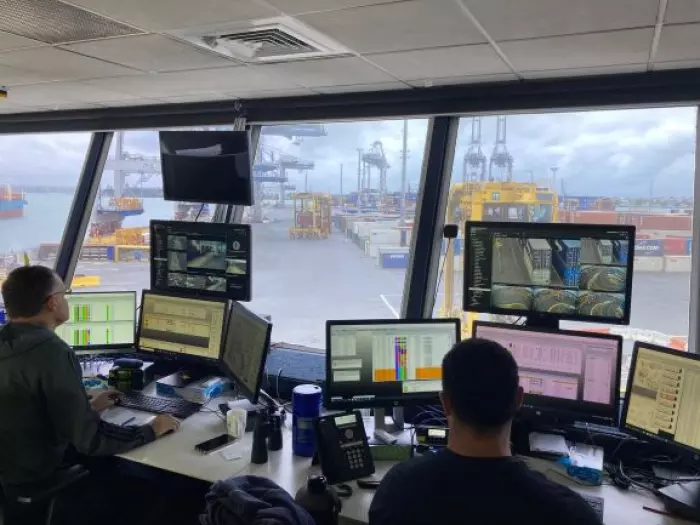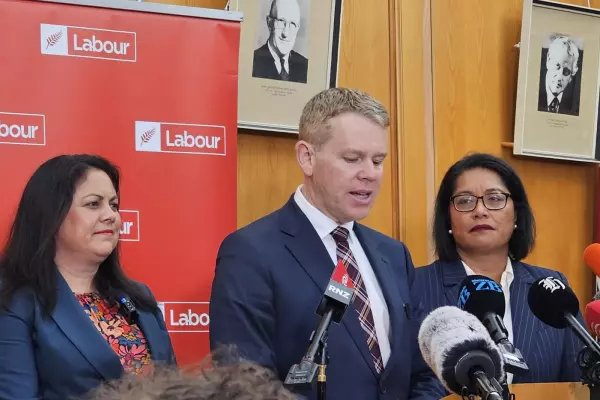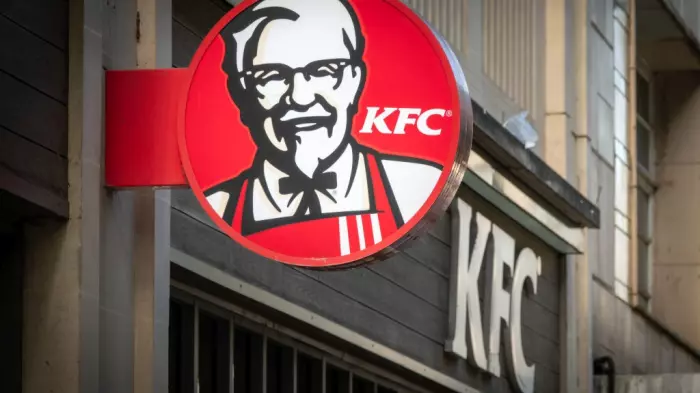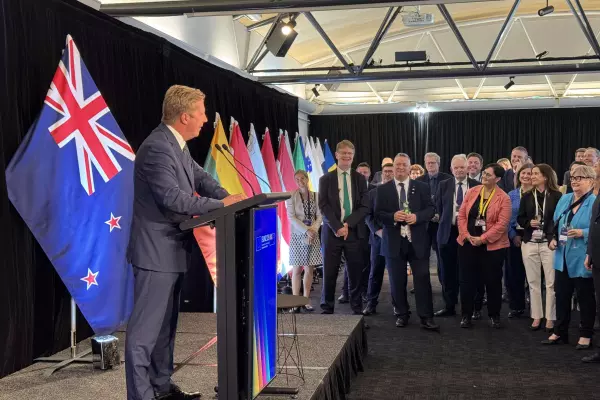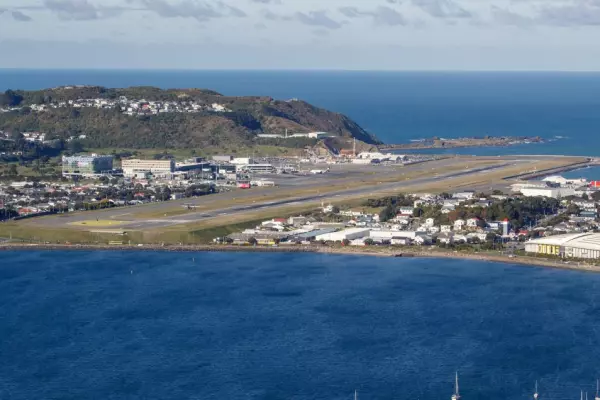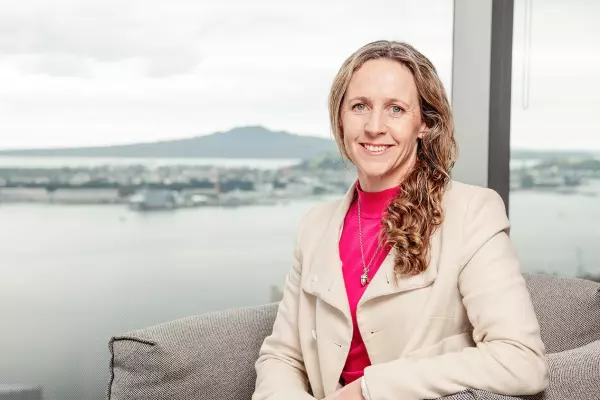The world's two biggest container vessel companies, Maersk and Mediterranean Shipping Company, are to levy congestion charges of up to US$300 a container on Ports of Auckland's customers.
This comes in the wake of delays of up to 12 days, which the port blames on Australian supply disruption and a lack of manpower.
In a just released advisory to customers, Copenhagen-based Maersk, which operates 786 vessels with a capacity of 4.1 million twenty-foot-equivalent units, said while it had "done its utmost to deliver cargo to and from Auckland while managing the current situation as best possible," it was experiencing significant vessel delays with waiting times currently 12 days.
Both Maersk and MSC said delays resulted in vessel omissions and 'contingencies' "significantly impacting overall operational costs."
Maersk said it will now be implementing a port congestion surcharge of US$215 per both standard and reefer TEU containers on all export cargo arriving in or departing Auckland after Nov. 13.
MSC's surcharge, which is pegged at a higher US$300 per TEU, from India, Pakistan, Sri Lanka or Australia, will apply to cargo with a bill of lading from Monday Nov. 9.
In MSC's case, this will also apply to all New Zealand coastal cargo loading at NZ ports to Auckland with the same effective date.
Late movers
Other shipping agencies, including NZ-based Pacifica Shipping, had earlier introduced a surcharge citing "waiting times for berthing, labour shortages and slow productivity."
In a statement, Pacifica line manager Jan-Hendrik Hintz said while it was proud to operate the only NZ flagged container vessel on the NZ coast (the MV Moana Chief), and had not omitted any ports, "the current delays were imposing significant costs and can no longer be absorbed by Pacifica Shipping alone."
Hintz said the shipping line had continued to engage with the port to minimise impact on customers, but would be charging an additional levy of NZ$238 per TEU until the situation was resolved.
Both the delays and levies represent significant additional cost for importers, who typically pay about $2,000 per TEU from Asia, and $3,200 per TEU for trans-Tasman shipping.
"Depending on the value of the cargo, that will have to be absorbed in some instances, or charged back to our customers," said Rod Crawford, a director with Auckland based manufacturing firm BondLast.
Crawford, who imported polymers for his range of adhesives used largely in the construction sector, said there were also "major issues" getting ingredients though the Australian supply chain, which seemed to have spread from ongoing industrial action at Sydney's Port Botany terminal.
Wider woes
A Ports of Auckland spokesperson said those issues spilled over into not only Auckland, but also to KiwiRail's Metroport, which was forced to institute 'volume caps' to manage traffic and help clear a major freight backlog.
The spokesperson told BusinessDesk the port was working to get on top of waiting times, which he understood were currently at about six days.
To assist with catching up, container ships with onboard capabilities were also being served at the multi-cargo berths, though there were also two car ships, two bulk vessels and two container ships, so the port was being "fully utilised."
He acknowledged, however, the port was hampered by a lack of workers to cope with the volumes, partly as a result of covid, while it was also still "transitioning" its manual system over to fully automated systems.
"That process was to have taken place before the busy season, but was delayed due to the covid response, and that has caused logistical issues too."


